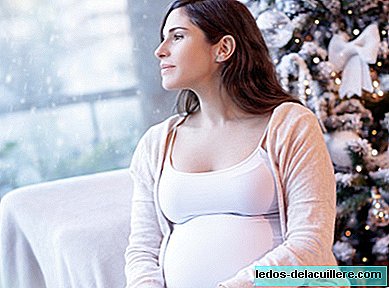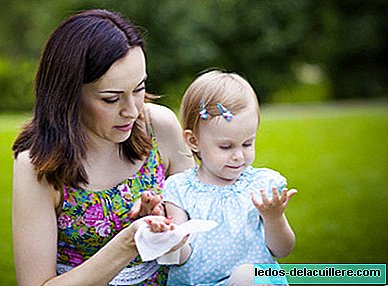
We have already talked about the fact that overweight in women is an obstacle to achieving success in an assisted reproduction pregnancy, but there has been a new study that directly relates obesity to the ability to conceive a baby by natural means.
Research, conducted by Dutch scientists whose results have been published in the journal Human Reproduction, has shown that Obesity is a risk factor to achieve pregnancy.
To do so, 3,000 couples were recruited who were looking for a baby more than a year ago without any apparent problem to have children. They ovulated normally and they presented a normal seminogram.
They focused on the study of the body mass index (BMI) of the participants and found that for every point that increased BMI, the chance of conceiving decreased by 5 percent, which is almost equivalent to what decreases female fertility by Every year a woman ages.
Considering obesity at a BMI greater than 30, in women with one of 35 the chances of achieving a spontaneous pregnancy were 26% lower than those of women with rates between 21 and 29. In women with a BMI of 40, the options decreased by 43%.
Scientists explain that the cause could be leptin, a hormone secreted by fat cells that regulates energy expenditure and appetite control. They handle the theory that it could influence the production of sex hormone steroids that are involved in ovulation.
It is one of the most important studies done so far on the consequences of overweight on fertility. In addition to the fact that, in general, obese couples take longer to conceive, doctors recommend losing weight before looking for a baby because of the risks that a pregnancy may otherwise entail, both for the mother and the baby.












